Scuba diving is one of the most thrilling underwater adventures you can experience. The chance to explore the vibrant coral reefs, shipwrecks, and marine life is something that attracts millions of divers worldwide. However, as exhilarating as it is, scuba diving requires a lot of responsibility and awareness. That's why understanding and following scuba diving rules is crucial to ensure your safety and enjoyment underwater.
Whether you're a beginner or an experienced diver, knowing and respecting these rules can make all the difference between an unforgettable dive and a dangerous one. In this article, we’ll explore the essential scuba diving rules you need to follow, along with some practical tips and FAQs.
Essential Scuba Diving Rules Every Diver Must Follow
1. Get Certified Before You Dive
If you’re new to scuba diving, the first rule is clear: get certified. Without proper training, diving can be extremely dangerous. Certifying agencies like PADI (Professional Association of Diving Instructors) or SSI (Scuba Schools International) offer courses that teach you the necessary skills and safety measures required for diving. During your training, you’ll learn about proper buoyancy, emergency procedures, and how to use diving equipment safely.
2. Always Dive With a Buddy
Diving solo can be tempting, especially if you're an experienced diver, but it’s always safer to dive with a buddy. In case something goes wrong underwater, your buddy can assist you, whether it’s a problem with your equipment or a sudden medical emergency. The buddy system is one of the foundational principles of scuba diving safety.
3. Plan Your Dive and Dive Your Plan
Planning is crucial in diving. Before heading underwater, make sure to discuss the dive plan with your buddy. This includes:
-
The depth and duration of your dive
-
The entry and exit points
-
Emergency procedures
-
Expected water conditions
Sticking to the plan ensures that you and your buddy are on the same page and can handle any unexpected situations together.
4. Equalize Your Ears Regularly
As you descend deeper into the water, pressure increases, and it can affect your ears. It’s essential to equalize your ears to avoid barotrauma (damage caused by changes in pressure). Do this by pinching your nose and gently blowing out, or by swallowing to release the pressure.
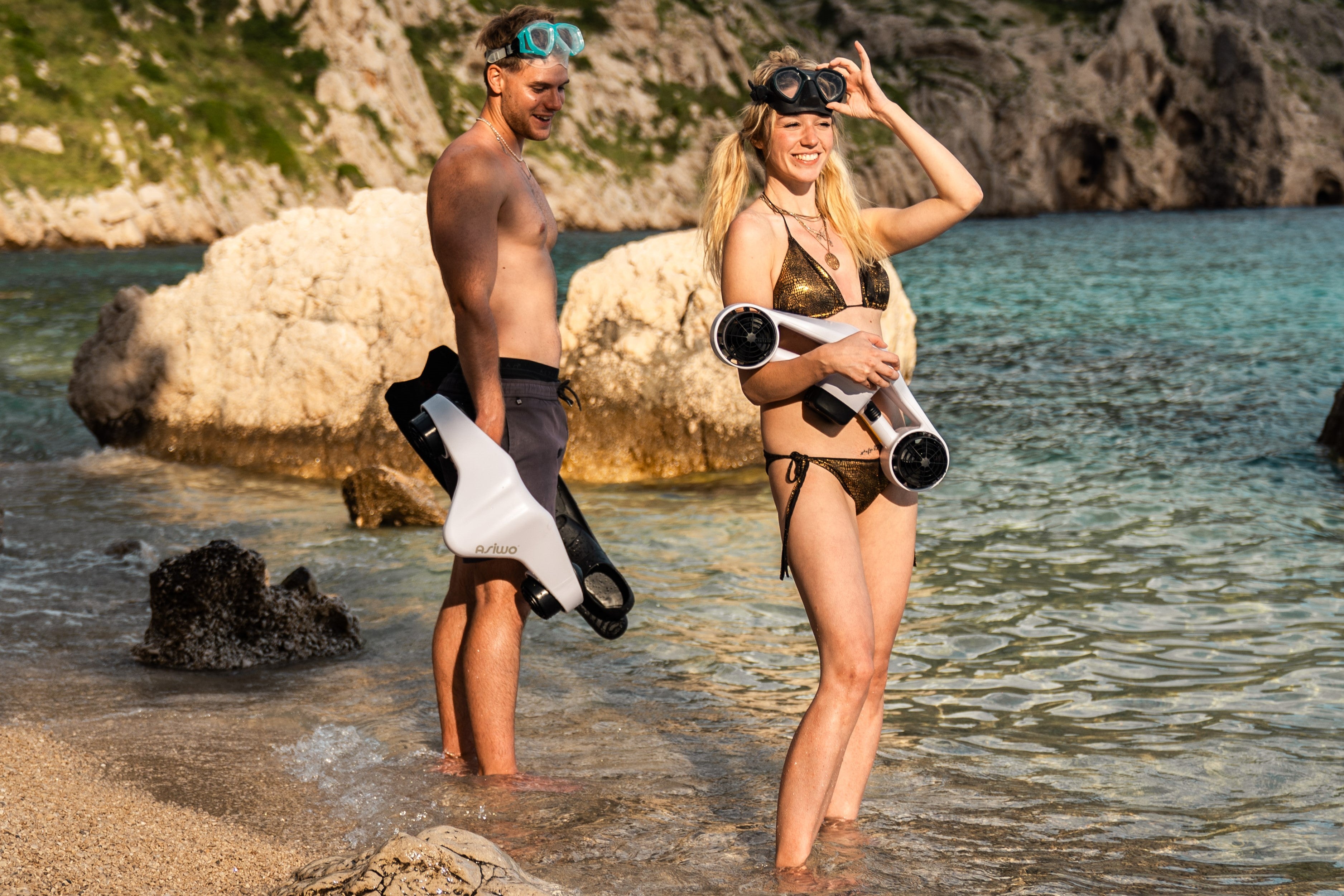
5. Avoid Rapid Ascents
One of the most crucial rules of scuba diving is to avoid rapid ascents. When ascending too quickly, nitrogen that your body absorbed during the dive can form bubbles, leading to decompression sickness (DCS). The general rule is to ascend slowly—no faster than 9 to 10 meters per minute.
6. Stay Within Your Limits
Know your depth limits and don’t push them. Every diver has different skill levels, and diving beyond your limits can be hazardous. As a beginner, stick to shallow waters and gradually increase your depth as you gain more experience. If you’re diving with an experienced guide, trust their expertise to stay within safe depths.
7. Watch Your Air Supply
Your air supply is your lifeline underwater. Monitor your air levels regularly and ensure you have enough air to safely complete your dive and return to the surface. Most dive instructors suggest having a reserve air supply to allow for unexpected delays or situations.
8. Don’t Hold Your Breath
This rule might sound simple, but it’s vital: never hold your breath while diving. Holding your breath while ascending or descending can cause your lungs to rupture due to the pressure changes. Always breathe steadily and consistently to avoid lung over-expansion.
9. Stay Hydrated and Rested
Diving can be physically demanding, so make sure you’re well-rested and hydrated before your dive. Dehydration can increase the risk of decompression sickness. Avoid alcohol or heavy meals before diving, and try to get a good night's rest so you’re alert and energized during your dive.
10. Respect Marine Life
While it’s exciting to see fish, coral, and other marine creatures up close, remember to respect marine life. Avoid touching or disturbing wildlife, and never take anything from the ocean. Many marine species are protected, and interacting with them can cause harm to both the creature and the ecosystem.
Recommended: Diver Propulsion Vehicle Recommendations: What’s Best for Your Dive Type?
Understanding the Risks of Scuba Diving
While scuba diving is generally safe, it does come with inherent risks. Some of these risks include:
-
Decompression Sickness (DCS): Also known as "the bends," this happens when a diver ascends too quickly and nitrogen bubbles form in the bloodstream.
-
Barotrauma: This occurs when changes in pressure cause damage to body parts, particularly the ears and lungs.
-
Nitrogen Narcosis: A condition where deeper dives affect the central nervous system, leading to impaired judgment and cognitive function.
-
Drowning: This can happen if a diver becomes unconscious or is unable to reach the surface in time.
By following the basic scuba diving rules and maintaining awareness, these risks can be minimized significantly.
Advanced Scuba Diving Rules for Experienced Divers
As you gain more experience and begin exploring deeper waters, there are some additional rules to consider:
1. Follow Decompression Limits
Advanced divers often push deeper limits. Always stay within the decompression limits prescribed for your dive. Using dive tables or a dive computer can help monitor your dive times and depths to ensure that you don’t exceed safe nitrogen levels.
2. Carry Extra Equipment
Experienced divers should always carry extra equipment, including an extra mask, regulator, and even a diving knife. Having backup gear ensures that you can handle emergencies should your primary gear fail.
Conclusion
Scuba diving is an incredible sport that offers unparalleled experiences. However, to ensure you’re diving safely and responsibly, it’s essential to follow these scuba diving rules. Whether you’re a beginner or an experienced diver, always prioritize your safety, plan your dives carefully, and respect the underwater world around you. Dive safely, and enjoy the wonders of the ocean!
FAQs
Q: What should I do if I feel uncomfortable while diving?
If you ever feel uncomfortable during a dive, it’s important to stay calm and signal to your buddy. If necessary, slowly ascend to the surface while continuing to monitor your air supply and buoyancy.
Q: Can I dive alone?
While it’s possible, diving alone is not recommended. The buddy system is crucial for safety in case of emergencies. Always dive with a partner who is trained and experienced.
Q: How deep can I go when I first start diving?
As a beginner, stick to a maximum depth of 18 meters (60 feet). This ensures you stay within the limits of your certification level.
Q: How do I prevent ear pain while diving?
To prevent ear pain, equalize your ears regularly by pinching your nose and gently blowing out. If you feel discomfort, stop your descent and try equalizing again before continuing.
Q: Can I dive after drinking alcohol?
No, you should never dive after drinking alcohol. Alcohol impairs judgment and reaction times, increasing the risk of accidents. Always dive sober and fully alert.
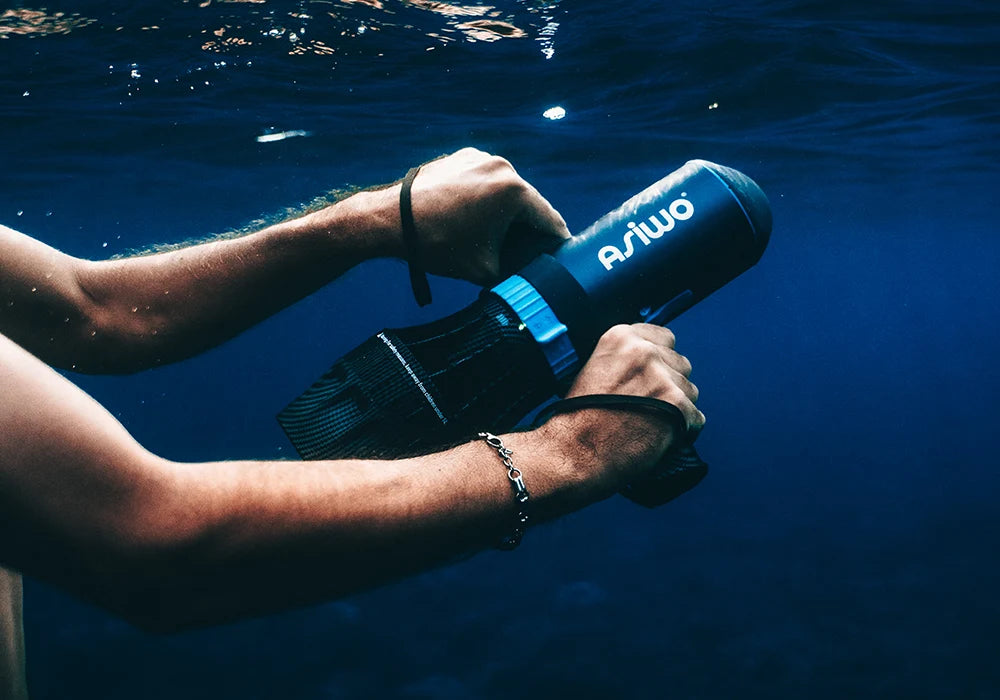




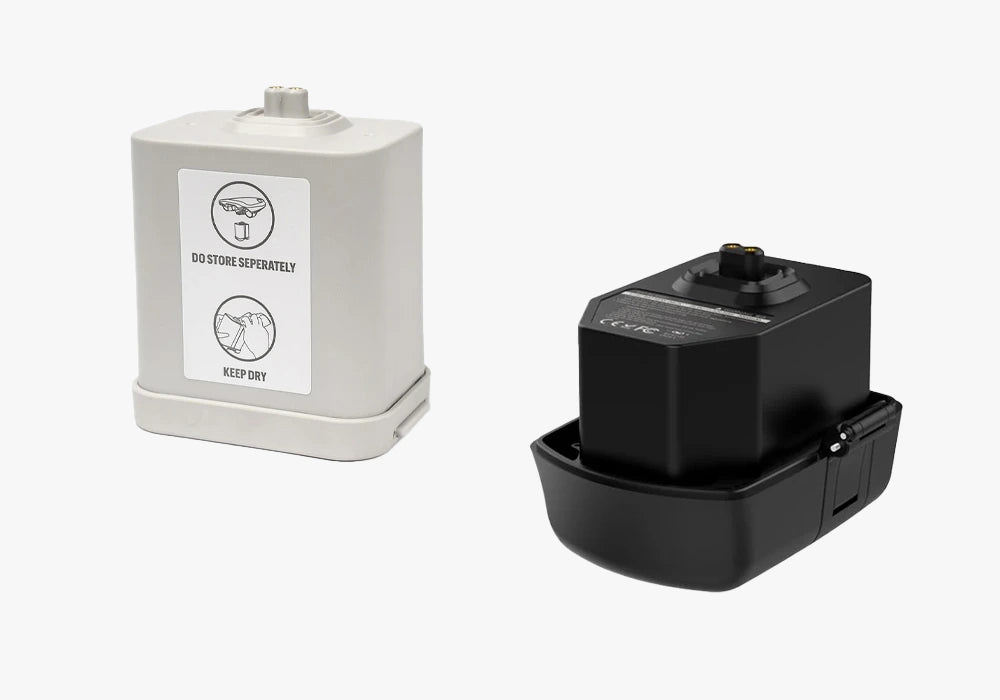





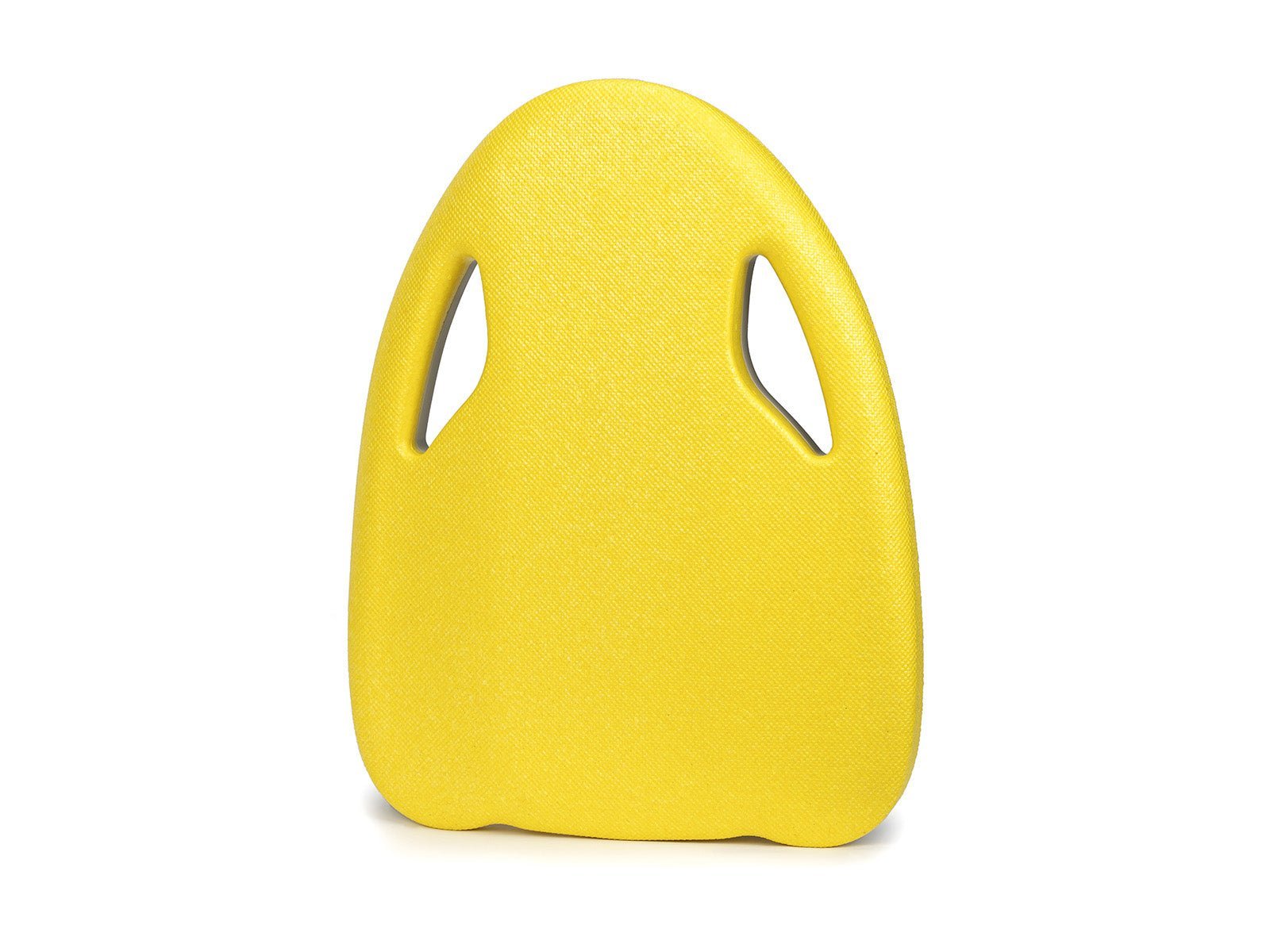

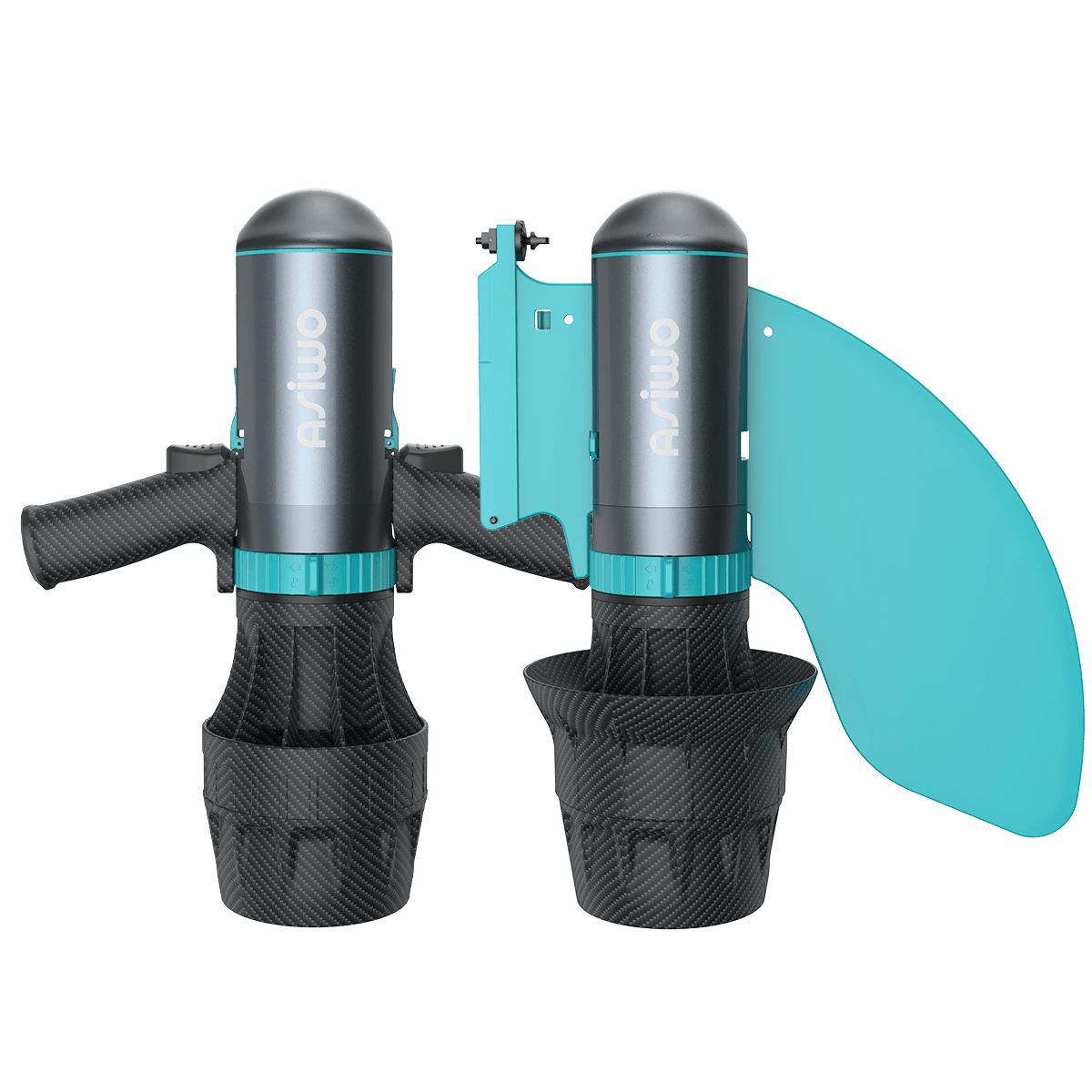




Hinterlassen Sie einen Kommentar